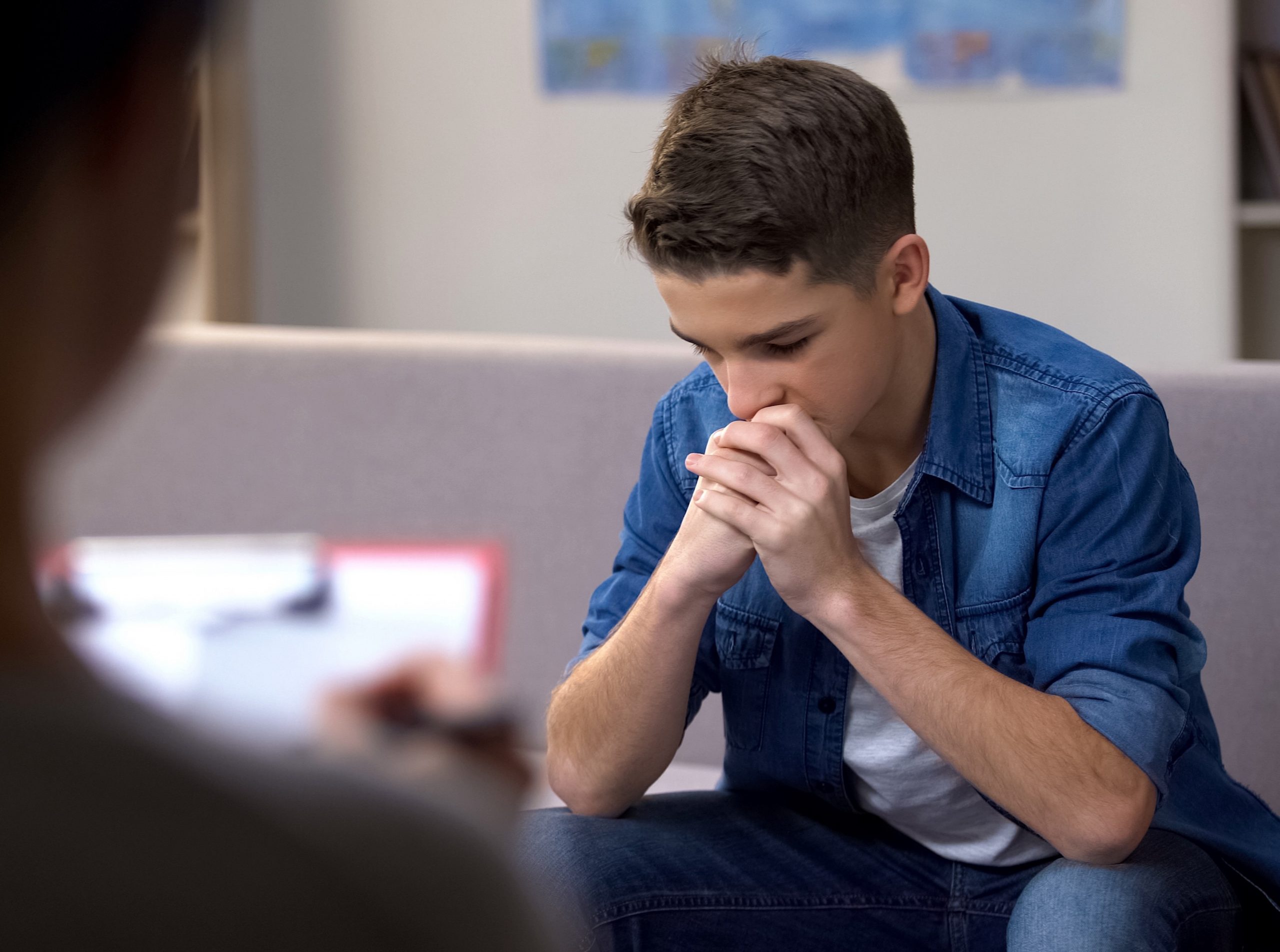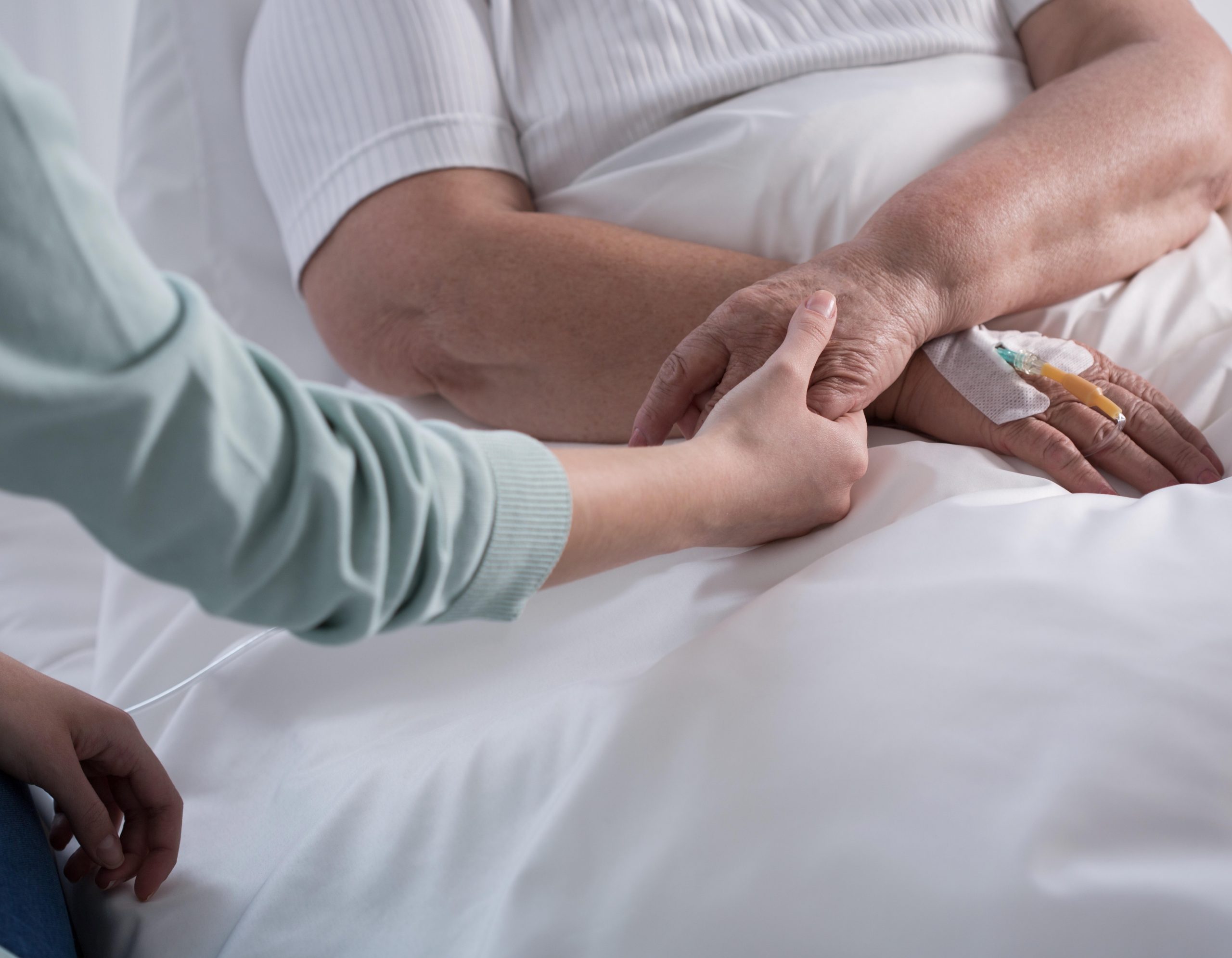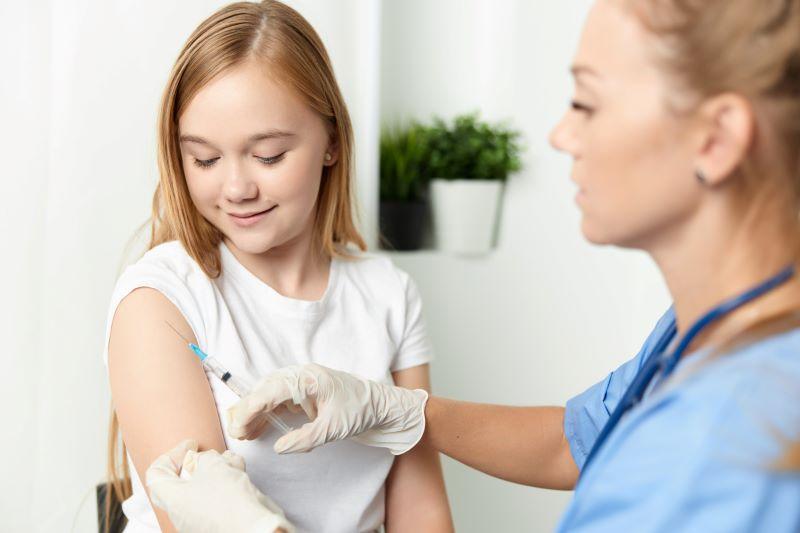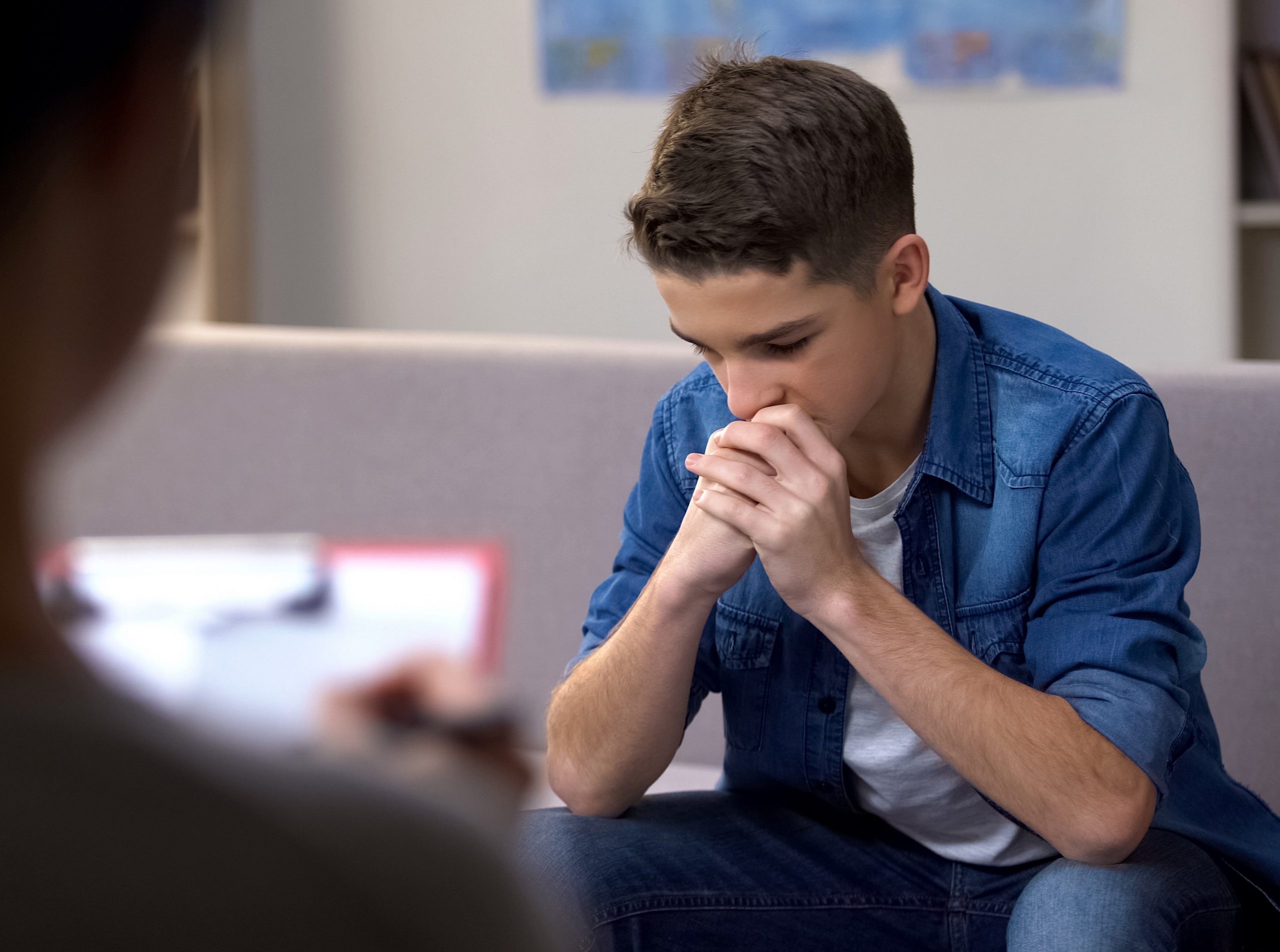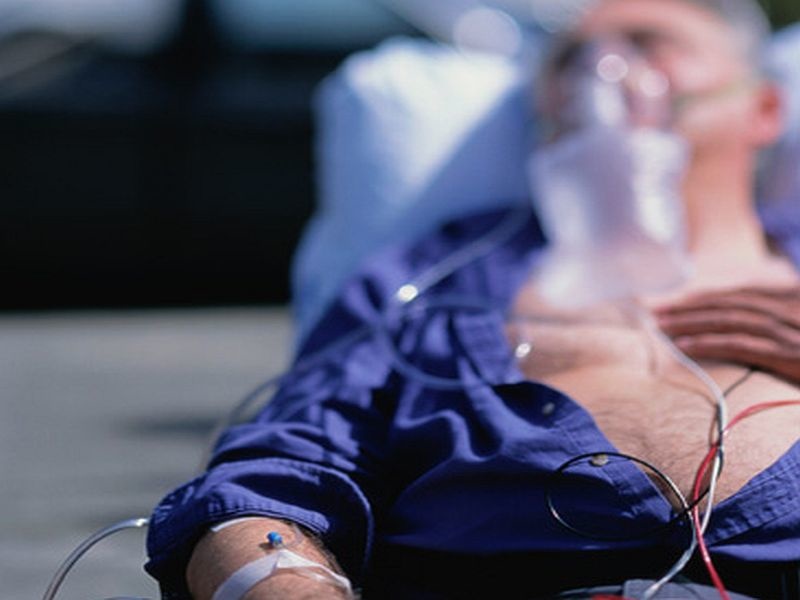
The average size of your dog’s breed plays a role in which diseases your pet is more apt to develop, a new study has found. It turns out that larger dogs are more prone to a different set of diseases than small dogs are. Prior research has found that smaller dogs tend to live longer… read on > read on >













